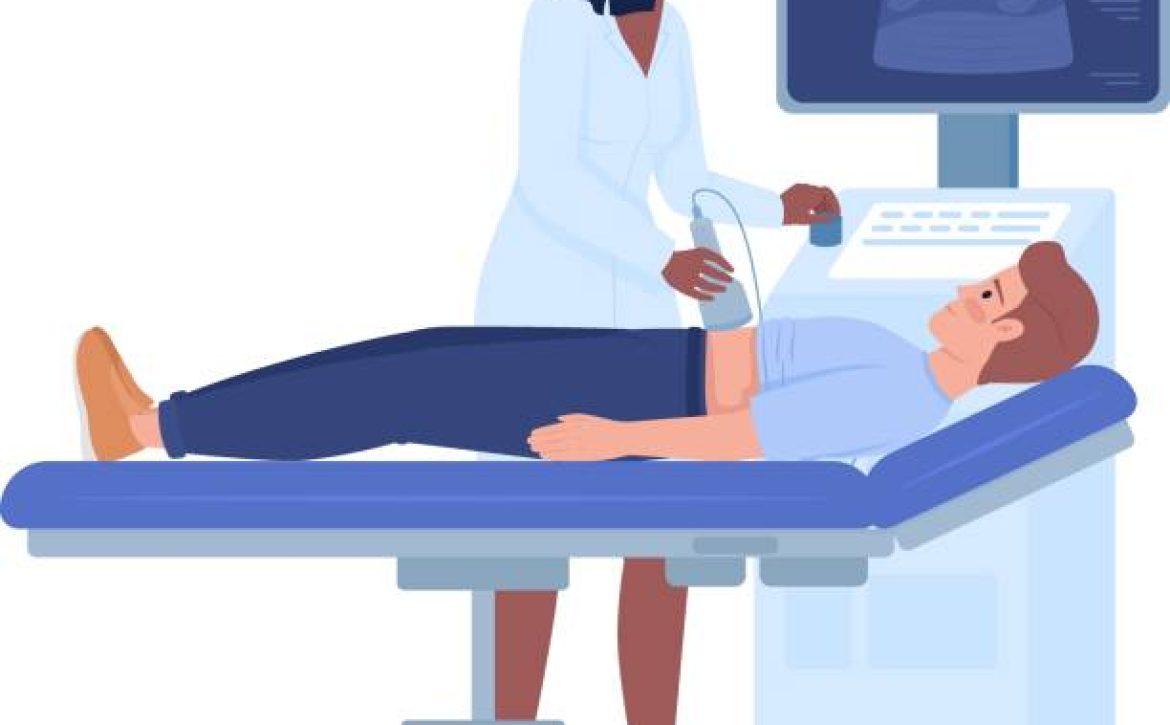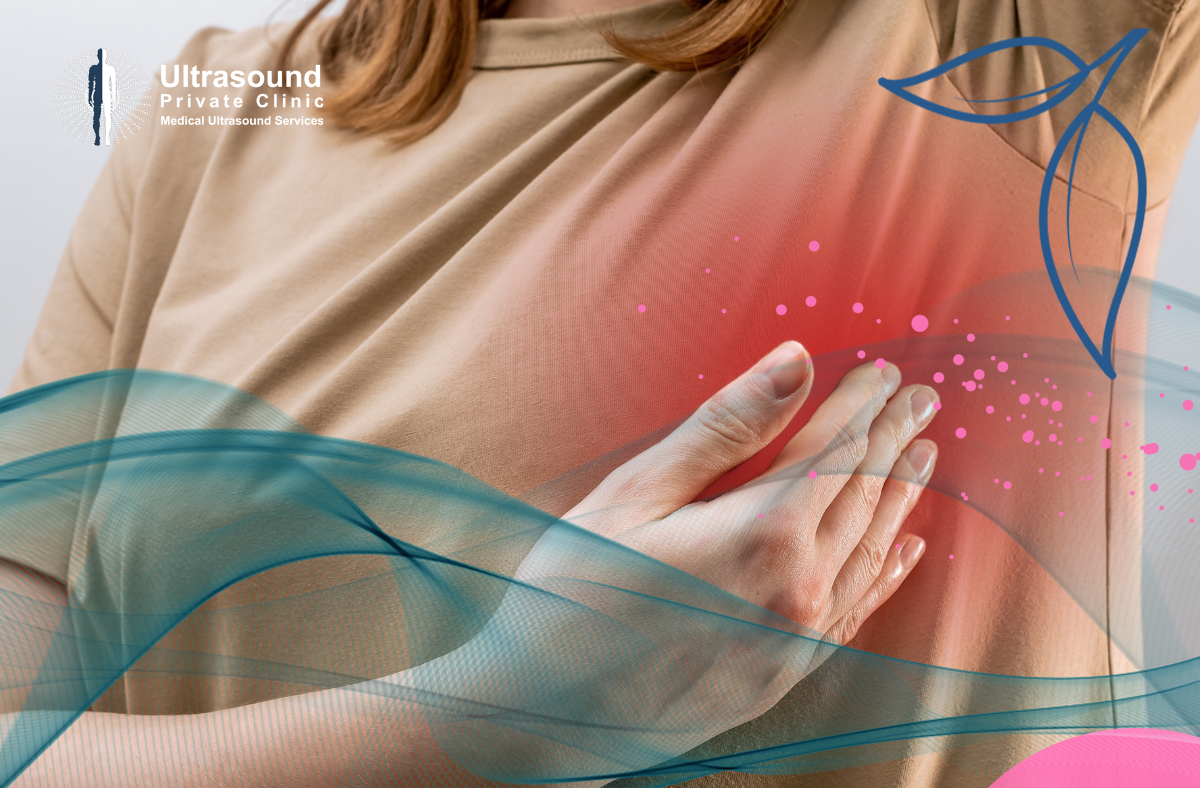Why Should You Consider a Full Body Ultrasound Scan for Cancer?
A whole body ultrasound can aid in the early detection of cancer, even before symptoms arise. While no one test can detect all kinds of cancer, a complete body scan can assist in identifying possible areas of concern and prompting additional study.
Is a whole body scan only relevant to those with suspected or diagnosed Cancer?
The LPU Central London clinic provides a range of whole body scans, this allowing you to get the most personailised scan for your precise needs. We provide scans relevant to your age as well as those relevant for those who are involved in intense sports training activities. We also provide scans that are particularly helpful in diagnosing any early signs of Cancer and those that can provide peace of mind that any cancer treatment is proving successful or confirm a remission of Cancer.
Some of the benefits of a whole body scan for cancer:
- A full-body scan can detect cancer at an early stage, before it spreads to other regions of the body. This is significant since early-stage cancer is frequently easier to treat and has a better prognosis.
- Personalised chance Assessment: Your doctor may propose a whole body scan to determine your chance of acquiring specific forms of cancer based on your age, family history, and other risk factors.
- A whole body scan may assess all main organs and systems in the body, including the lungs, liver, pancreas, kidneys, and lymph nodes. This can aid in the detection of any anomalies or changes that may suggest malignancy.
- Peace of Mind: If you have a family history of cancer or other risk factors, a whole body scan can offer you with peace of mind and confidence that you are monitoring your health.
- Regular full-body scans can help you stay proactive about your health and detect any health concerns before they become more serious.
Booking a Full body scan in Central London with LPU
While a full body scan can be a valuable tool in detecting cancer early, it is important to discuss the risks and benefits with your doctor before undergoing any type of medical imaging. You do not need a GP referral to book one of our scans and we can provide specialists able to advise and guide you through the most appropriate services for your needs.





